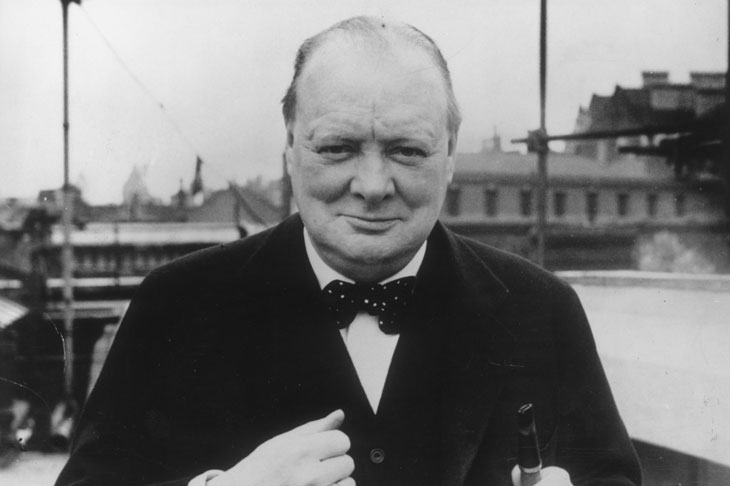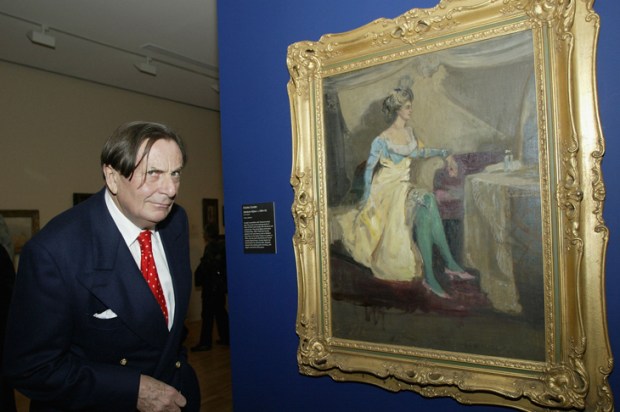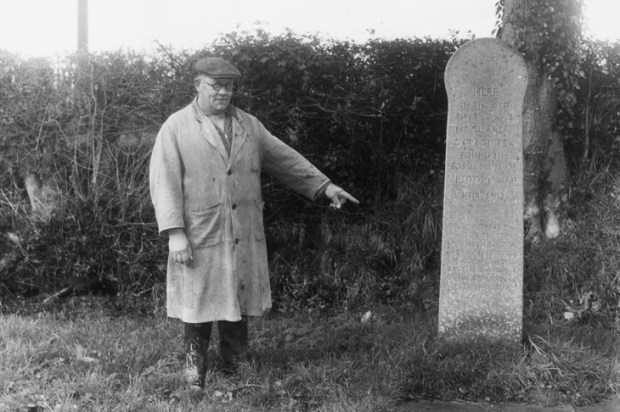Being of an age well past my biblically allotted three-score years and ten, I tend to reminisce as I drift off in my obligatory afternoon siesta. In this twilight zone, I remember days of youth, living in post-war London in the 1950s.
It was a cold, black-and-white time; the world was going through a 30-year period of global cooling and winters were harsh, with regular falls of snow interrupting everyday life and adding to the monochrome existence. The winters in London required coal aplenty to keep warm, the resulting smoke leading to regular smog events, with the air so thick it was impossible to see more than a few feet; the elderly died in their thousands.
It is difficult to now imagine a time without television and when a phone in the house was a luxury, never mind a mobile. The phone box on the corner sufficed, with an urgent telegram communication delivered by the post office. Entertainment was self-made, with the radio to stimulate the imagination of other worlds; the only alternative was the cinema once a week, and a good book. What would now be considered deprived times of the Fifties, were the normal; similarly, what I considered deprived times, at the turn of the 19th century, were also considered normal, as the concept of normality evolves.
An early schoolboy favourite was the book Stalky & Co., first published in 1899, and written by Rudyard Kipling, a stalwart of the British Empire. Born in India in 1865, Stalky was sent home to school with his sister, at the age of five, not to see his parents for years. The book described his childhood at boarding school, at the United Services College in nautically named Westward Ho! At its end, it told of recent old boys, some with injuries, returning home with tales of their military experiences in Egypt and the North-West Frontier. What would now be called jingoism was an expectation – that they would do their duty and fight for Queen and country in far-flung parts of the Empire; and that some might not return. Kipling subsequently went on to write many books on the Empire, at its zenith.
In that era, education consisted of rote learning, cold showers and discipline enforced with the cane, all instilling a self-control necessary to maintain the Empire –on which ‘the Sun never set’. There were still moments of rule-breaking, practical jokes, and sneaking out of bounds for a smoke. Kipling did not join the military but, aged 16, returned to India to develop a successful writing career. By the age of 24, he had already made his literary mark and returned to Britain, his fame established by the age of 30. He later received the Nobel Prize in Literature, aged 41, and continued successful writing, until his death, aged 70. His demise had prematurely been announced in a magazine he received; having read his obituary, he wrote cancelling his subscription!
Winston Churchill was another favourite author, of the same era, born in 1874 in the splendour of Blenheim Palace, into the aristocratic Spencer family, subsequently made infamous by Princess Di. His mother was American and father a British lord and government politician; as was the tradition, he was also sent away to boarding school, at Harrow. With an unimpressive educational performance, and no inheritance prospects as a younger son, the military was the expected career option. He struggled to gain entrance to the Royal Military Academy at Sandhurst; subsequently graduating only just before his father’s early death.
With limited family ties, the military became his foster-parent; in a time when few travelled outside their village, he travelled to Cuba, India and the Sudan. Whilst overseas he began a belated self-education, reading voraciously whilst earning income as a writer; he told of deeds of derring-do on the North-West Frontier campaign (Afghanistan), then in South Africa in the Boer War. His subsequent career took him to politics, and the rest is history.
Apart from his wonderful prose, those who love him or hate him often fail to know the man perceived as the ultimate right-winger. As Home Secretary; he regularly commuted the death penalty, improved the lot of political prisoners from Ireland, abolished imprisonment for those under 21, supported giving women the vote and improved working conditions in the mines. As First Lord of the Admiralty in the first world war, he was responsible for the Gallipoli failure in 1915; following this debacle, he resigned from parliament and went to join his old regiment in the trenches in France – what politician would do that now?
His subsequent, interrupted political career included such forgotten social measures as introducing a minimum wage, and unemployment pay. His role in the second world war needs no repetition.
These two characters epitomise the discipline and patriotism of Victorian times; in the modern era both might be considered ‘damaged goods’ after their upbringing, with strict discipline and little parental input explaining ‘dysfunctional’ behaviour. That they overcame the vicissitudes of their upbringing and achieved so much, undermines a modern perspective that exposure to competition or stress is destructive to development.
As history is rewritten, the Empire is viewed as shameful, ignoring the order, education, and infrastructure it bequeathed; eminent economic historian, Niall Ferguson, comments that its demise was inevitable as, rather than being a source of wealth, it became unaffordable. The now-derided imperial legacy means that statues of individuals like these must be torn down, and never-ending apologies instituted; King Charles and German Chancellor Scholtz being the latest to offer them.
As I recover from my sleep reverie, the current enlightened world is in perspective; our contemporary society discourages challenge, leaving our youth incapable of coping with even minor inconvenience, without a mobile phone for support, or safe spaces to inhabit.
Should this generation be forced to go to war, would they cope, or just refuse? The snowflake era is upon us. Will we be saved or lost to artificial intelligence?
Got something to add? Join the discussion and comment below.
Get 10 issues for just $10
Subscribe to The Spectator Australia today for the next 10 magazine issues, plus full online access, for just $10.
You might disagree with half of it, but you’ll enjoy reading all of it. Try your first month for free, then just $2 a week for the remainder of your first year.














Comments
Don't miss out
Join the conversation with other Spectator Australia readers. Subscribe to leave a comment.
SUBSCRIBEAlready a subscriber? Log in